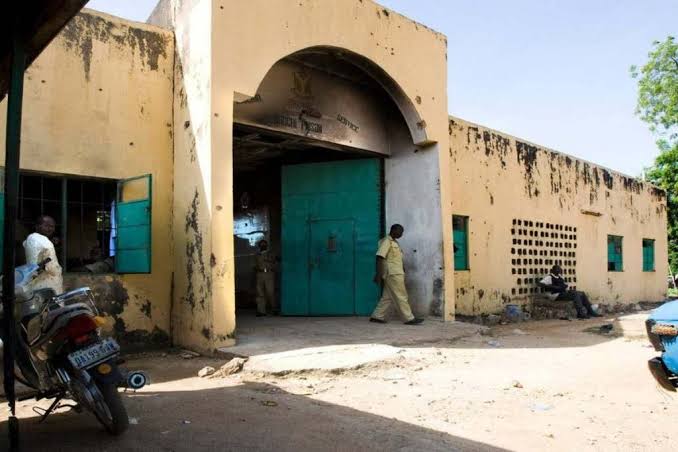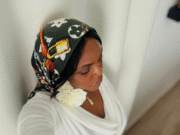The Nigerian Correctional Service ( NCoS) on Monday attributed the unlawful detention of minors in adult custodial centres to systemic failures at the state level, including the collapse of juvenile remand homes across the country.
During the third public hearing of the Independent Investigative Panel on alleged corruption, abuse of power, torture, and other inhumane treatment by the NCoS, the Head of Welfare Department of the service, Timothy Dabit, offered detailed explanations for the presence of underage detainees in adult correctional facilities.
Dabit also urged state governments to uphold their constitutional responsibility in handling youth offenders.
Sometimes, we receive a child along with a warrant, and based on that document, we are expected to admit the individual.
 In most cases, the warrant contains information about the child, but when the child is brought to an adult correctional centre, we often have to question the police about why such a child is being sent there. It becomes a matter of contention, and we rely on the police to justify the decision,” Dabit explained.
In most cases, the warrant contains information about the child, but when the child is brought to an adult correctional centre, we often have to question the police about why such a child is being sent there. It becomes a matter of contention, and we rely on the police to justify the decision,” Dabit explained.
According to Dabit, one of the primary reasons minors are sometimes admitted into adult correctional centres is the absence of functional juvenile facilities near the point of arrest.
“We have only three that is functional, one in Kaduna, one in Ilorin, and one in Abeokuta,” he noted, adding that geographical constraints and lack of facilities often force officials to house minors in inappropriate environments.
Dabit also cited overcrowding and capacity challenges.
“The data of the correctional centres, that is the borstal institutions — the capacity of Kaduna is supposed to be 288, Ilorin is 250, Abeokuta is 250. But because of lack of these institutions, we have this inmate overcapacity, except for that of Ilorin,” he noted.
He emphasised that the only borstal institution currently functioning for remand purposes is Abeokuta.
“If you go to Ilorin, you are not going to find inmates or awaiting trial people. So it is only Abeokuta that is requisited for that duty,” he noted.
The NCoS official underscored that the legal responsibility to provide remand homes lies with state governments.
“The establishment of remand homes is, at the core view, the constitutional duty of the state governors, even before now.
In the past, virtually all the state governors had remand homes. Unfortunately, as we speak, most of the states’ remand homes are not functioning,” Dabit explained.
He appealed to the investigative panel to pressure state governments into reviving remand facilities to prevent the incarceration of minors in adult prisons.
“This panel will do us a lot of good if we can get in contact with the state governors, let them rejuvenate their remand homes so that young offenders can be put there in calm,” he appealed.
Dabit also addressed issues around pregnant people in custody, clarifying that female inmates are not impregnated within correctional facilities.
Sometimes pregnant people are brought to custodial centres. Nobody gets pregnant when they are in the custodial centre. The woman is brought in, pregnancy test is conducted immediately. It is an emergency to ensure that the person is free.”
He added that NCoS staff working in borstal institutions receive specialised training and use different uniforms to reflect the unique needs of their wards.
“Even the uniform of our staff who work in that place is different. And there are specialists, like psychologists, and other professionals,” he noted.
Despite the NCoS’s defence, representatives of the Nigerian Association of Clinical Psychologists and the Nigerian Psychological Association expressed deep concern over the treatment of minors and vulnerable populations in correctional institutions.
A clinical psychologist speaking on behalf of both associations, Dr. Abigail Onu, praised the panel for opening a national dialogue on systemic abuses but condemned the ongoing detention of underage individuals in adult prisons.
“We urge the government to remove children under 18 from adult facilities.
“Provide specialised care centres or approve orphanages with psychological and medical support,” Dr. said.
She stressed the psychological damage children face in such settings, referencing the long-term effects of Adverse Childhood Experiences, and called for nationwide reforms including the recruitment of more psychologists, trauma-informed care, and expanded mental health services within the correctional system.


















